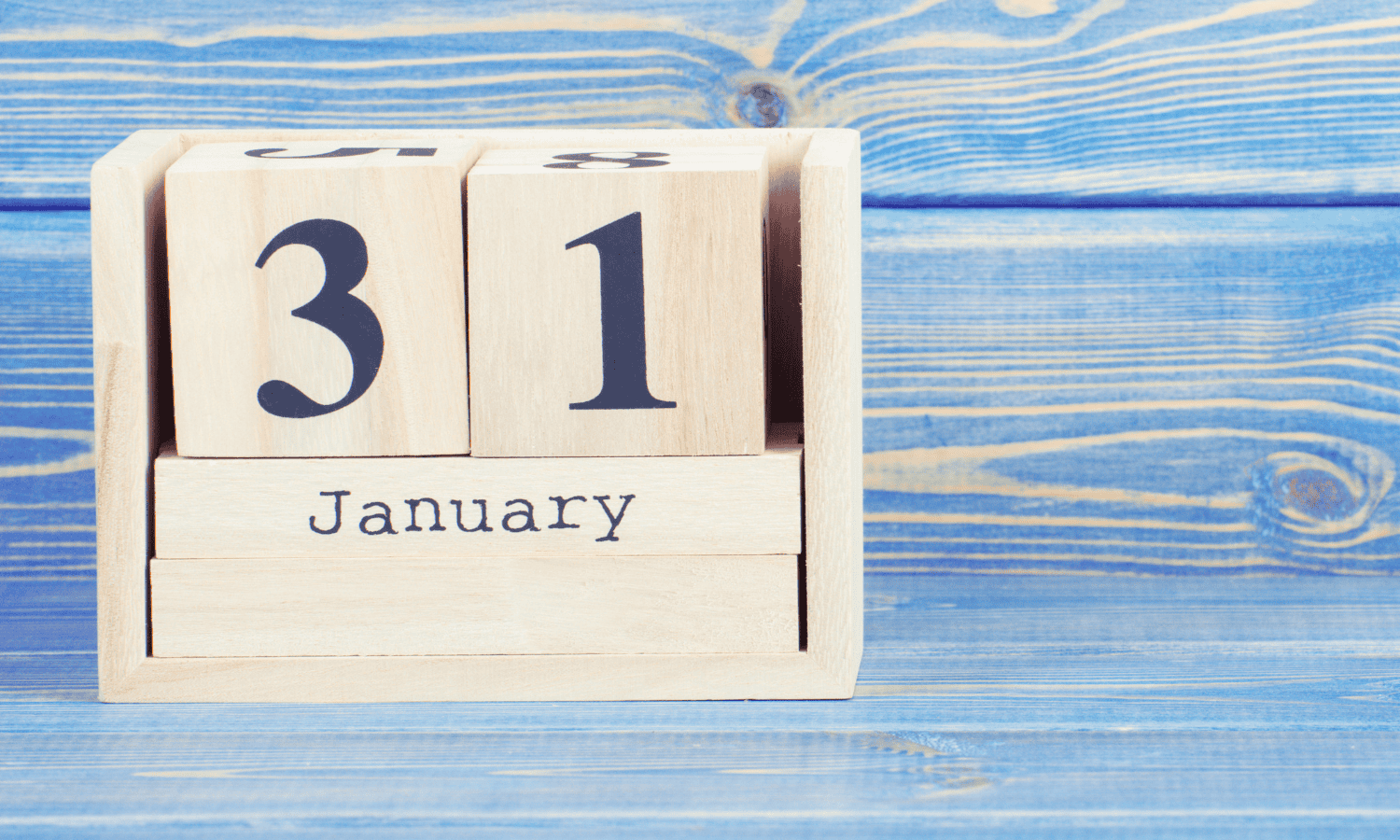Following all the Christmas festivities, it can be easy to forget that the 31 January deadline for submitting your Self Assessment tax return is just around the corner. Clayton & Brewill explains why you must ensure your submission is correct and on time so you can avoid any unnecessary penalties.
Who must send a tax return?
You must send a Self Assessment tax return if, in the last tax year (6 April to 5 April), you were self-employed as a ‘sole trader’ and earned more than £1,000 (before taking off anything you can claim tax relief on) and/or if you were a partner in a business partnership.
You will not usually need to send a return if your only income is from your wages or pension. But you may need to send one if you have any other untaxed income, such as:
- Money from renting out a property
- Earnings from selling on platforms like eBay, Etsy and Vinted
- Tips and commission
- Income from savings, investments and dividends
- Foreign income
Deadlines and penalties
The deadline for submitting your online tax return and paying your tax bill is 31 January 2025 for any tax you owe for the previous tax year (known as a balancing payment).
There’s usually a second payment deadline of 31 July if you make advance payments towards your bill (known as ‘payments on account’).
You will receive a penalty if you need to send a tax return and you miss the deadline for submitting it or paying your bill. There is a late filing penalty of £100 if the tax return is up to 3 months late; this increases the later it gets. You’ll also be charged interest on late payments.
What happens if you make a mistake on your tax return?
There is a system of penalties for mistakes on your tax return. What you’re charged with will depend on whether HMRC thinks you have just been careless, or have purposely tried to lie about how much you earn.
Penalties are based on the amount of tax you owe, and are payable in addition to the tax owed.
If you have taken reasonable care to fill in your return correctly, you’ll have no penalty to pay, but if you have made an inadvertent error, the penalty will be between 0% and 30% of the extra tax owing.
However, if you have deliberately underestimated your tax, the penalty is between 20% and 70%. Moreover, if you have deliberately underestimated your tax and attempted to conceal the fact, the penalty will be between 30% and 100%.
Importance of paying on time
The later you pay your tax return, the greater the potential fine, so it’s always in your best interests to make sure you meet the deadline and get everything right.
Filing a tax return can be a stressful experience, and that’s why we are here to help. The Clayton & Brewill team can help you to prepare and file your tax return quickly and efficiently. We might even be able to reduce your tax bill.





